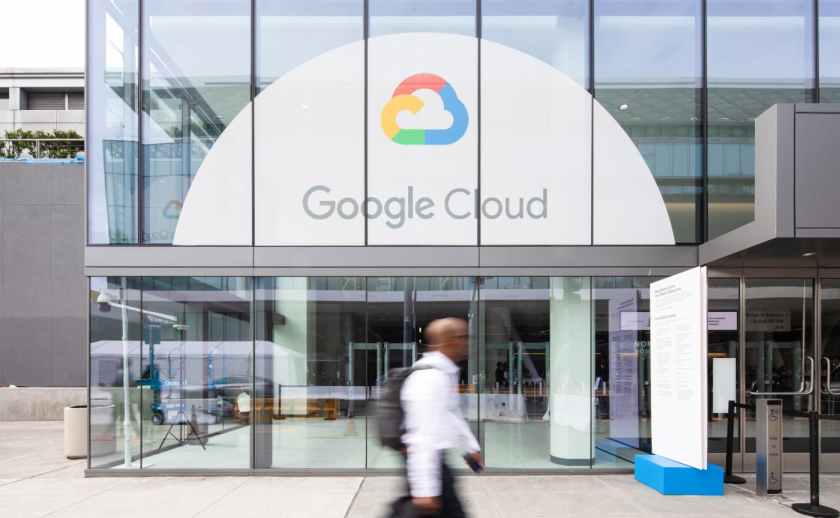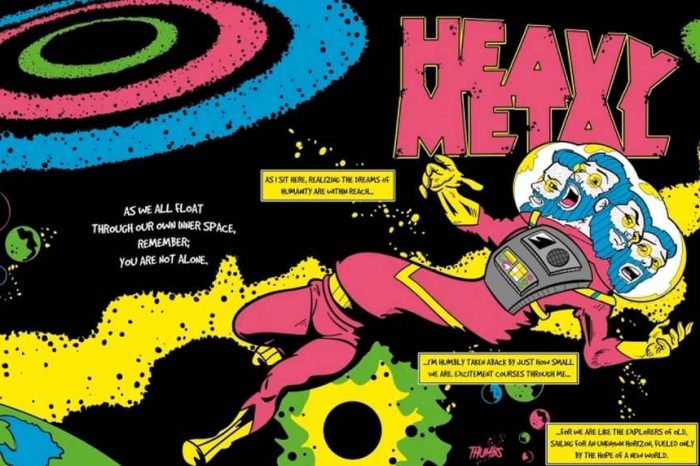Google Cloud formed a new group to build business around blockchain applications; now hiring a legion of blockchain experts to expand its business

Developers, end-users, and small and big businesses alike are increasingly embracing blockchain applications. The benefits and opportunities that decentralized technologies present are becoming clear. Blockchain technologies like NFT are now making it possible for creators to have true digital ownership.
But blockchain is not just about NFT, other blockchain technologies like smart contracts, which make it possible for users to create DeFi apps (dApps), are now replacing banks and lawyers with a programmable piece of code. The blockchain market is now growing at an accelerated and it’s hard to deny its impact. Tech giants like Microsoft, Oracle, and Google are also jumping on board.
This brings us to Google Cloud. As we reported early last year, Google revealed that its cloud business lost $5.61 billion in 2020 as it tries to compete with Amazon. It brought in $13.06 billion in revenue for the year. It was the first time the company revealed the operating income metric for its cloud business.
As part of its effort to bring the unit to profitability, Google cloud is now aiming to expand and diversify its Cloud business beyond the traditional cloud applications to win blockchain business.
Yesterday, the unit announced it has formed a new group to build its business around blockchain applications after making a concerted effort to grow in retail, health care, and other industries. Google Cloud thinks it has a good shot at this and if successful, this could help Google further diversify away from its advertising and become a leader in the growing cloud and blockchain market.
Richard Widmann, head of strategy for digital assets at Google’s cloud unit, told CNBC that the newly formed group plans to hire a slew of people with blockchain expertise. “We think that if we do our jobs right, it will drive decentralization,” Widmann said.
Thomas Kurian, Google’s cloud CEO, also identified retail, healthcare, and three other industries as target areas. As customers in those sectors choose to adopt blockchain technologies, Google can help, Widmann said.
Meanwhile, Google Cloud is not the only Google business going after blockchain technologies. YouTube is another Google business unit that’s already leveraging DAO, NFTs, and Web3 technologies. In her annual letter laying out the Google-owned company’s priorities for 2022, YouTube CEO Susan Wojcicki wrote that the video service has been inspired by Web3.
“We’re also looking further ahead to the future and have been following everything happening in Web3 as a source of inspiration to continue innovating on YouTube. The past year in the world of crypto, nonfungible tokens (NFTs), and even decentralized autonomous organizations (DAOs) has highlighted a previously unimaginable opportunity to grow the connection between creators and their fans. We’re always focused on expanding the YouTube ecosystem to help creators capitalize on emerging technologies, including things like NFTs, while continuing to strengthen and enhance the experiences creators and fans have on YouTube,” she wrote.
Currently, Google Cloud customers include blockchain companies such as Dapper Labs, Hedera, and Theta Labs. Google Cloud also said it plans to accept payments in cryptocurrencies in the near future.

